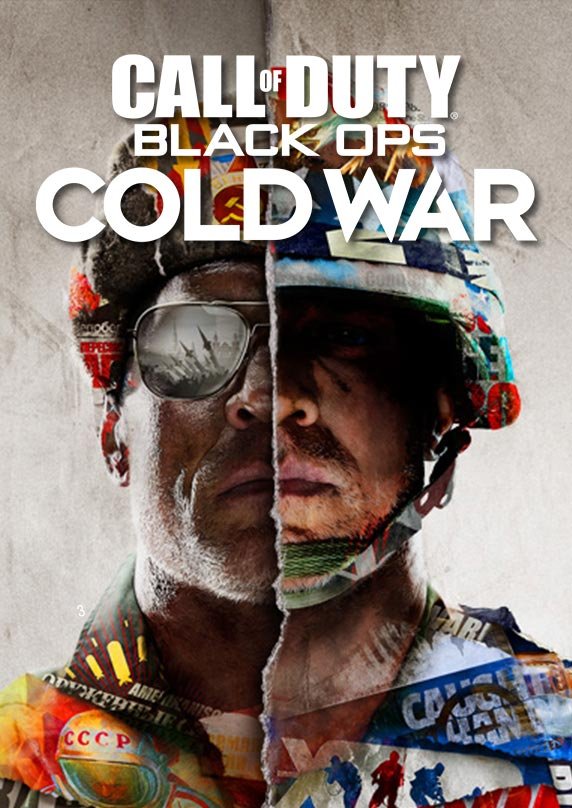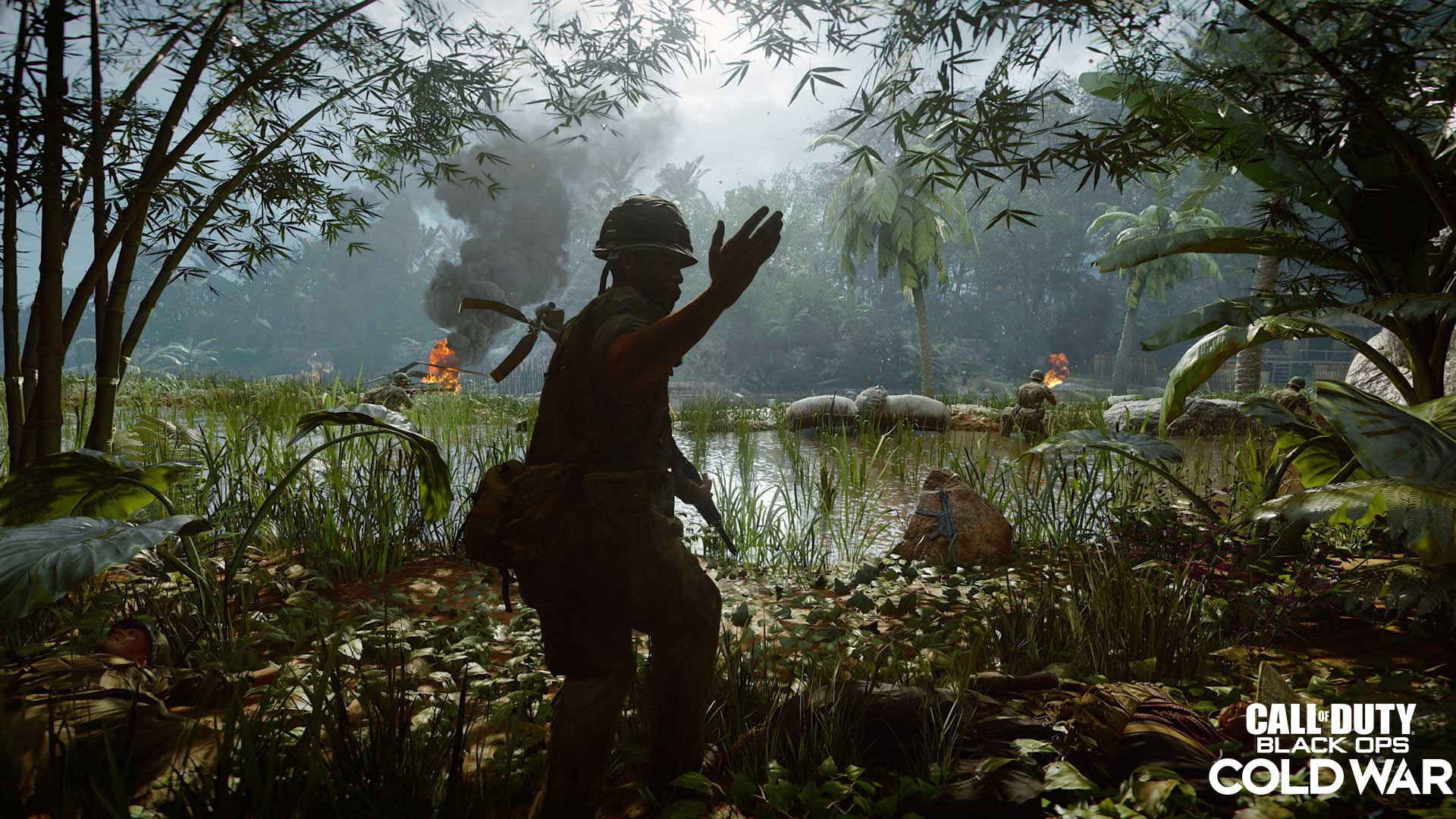

This led to a lot of fun gameplay that was different from Call of Duty’s usual style, with Spectre chaining together melee attacks, Nomad launching deadly nanomachine mines, and Seraph firing what was essentially a Golden Gun from Destiny. Players could equip one weapon or ability at a time, charging it up throughout a match. Alongside some unique lore and dialogue like the present day Operators have, these Specialists had their own weapons and abilities. RELATED: Call of Duty: Modern Warfare 2’s TMNT Collaboration Shows That Nothing is Off Limits What Specialists Bring To Call of Dutyįor those unfamiliar with Call of Duty’s Specialists, they essentially functioned like a scaled-back version of Overwatch’s heroes or Destiny’s Guardians. Hopefully, Call of Duty 2024 surprises fans with the return of Specialists, as the feature coming back could be very beneficial. However, this is a shame, as they gave two of Treyarch’s Black Ops titles a distinct identity.

Given the success of the modern Operator system, which aims to be the best of both worlds, Specialists returning is unlikely.

Much like the Call of Duty series’ advanced movement era, the Specialist system was divisive, with some players loving the abilities and personalities of the characters and others missing traditional boots on the ground gameplay. However, one such feature being removed feels like a design choice influenced by the community instead of being the product of a messy development period, and that is the removal of specialists. This led to a game that was more buggy than any Call of Duty before it, with a painfully low 6v6 map count and some expected features being nowhere to be seen. Not only was Treyarch rushed to get the game done, ending up with a two-year development cycle instead of the usual three years, but COVID also had a negative impact on Call of Duty: Black Ops Cold War's development. Call of Duty: Black Ops Cold War certainly did not have the smoothest launch in the series.


 0 kommentar(er)
0 kommentar(er)
